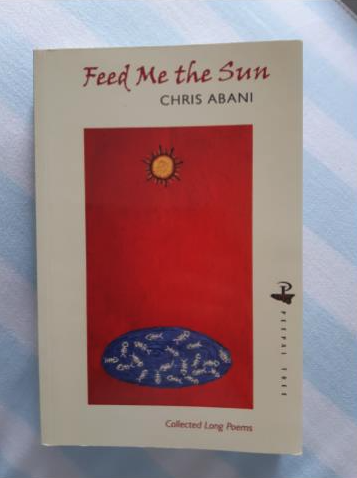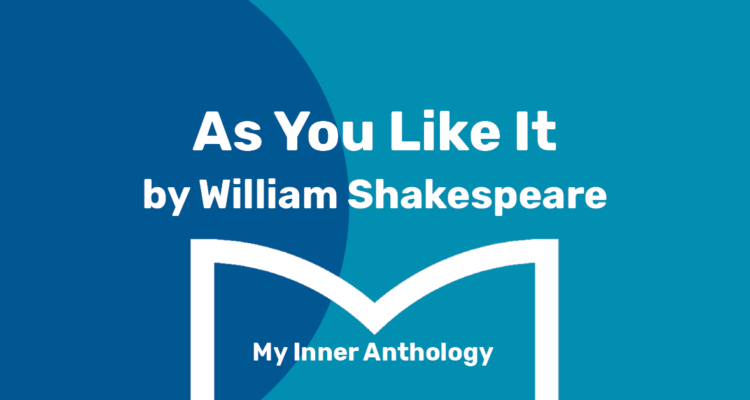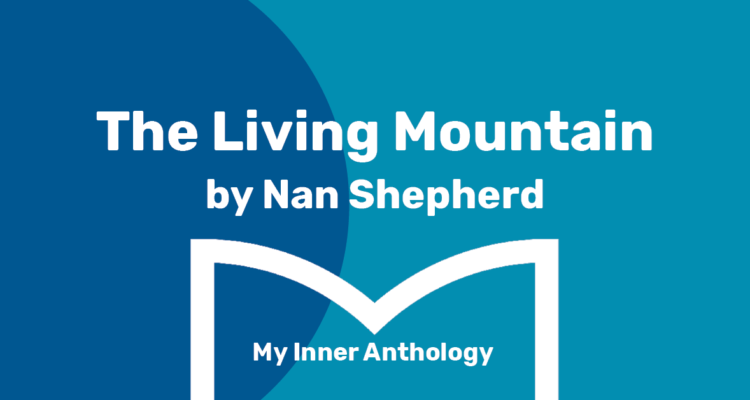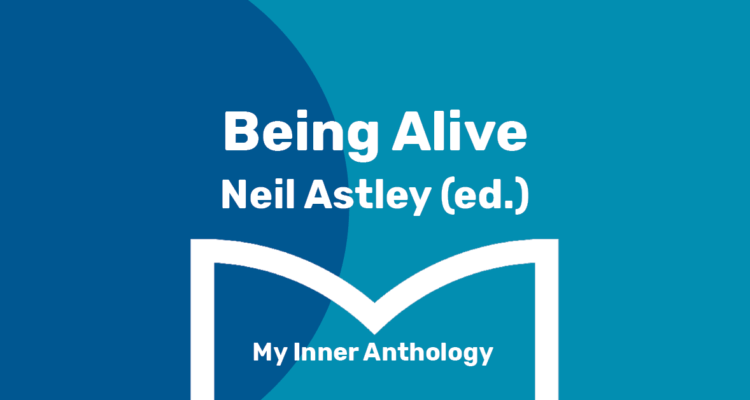My Inner Anthology: Feed Me the Sun by Chris Abani
In this feature we're thinking about which bits of literature – whether that be in the form of poems, novels, essays, or plays – we would like to carry around inside ourselves for future reference. This week Head of Shared Reading Programmes, Helen Wilson, recommends Feed Me The Sun by Chris Abani. Check out the rest of our readings for Black History Month and download our calendar here.
I first came across Chris Abani after receiving a flyer for his collection of longer poems, Feed Me the Sun from Peepal Tree Press, an independent publishing house based in Leeds printing the best of Caribbean and Black British writing. I was unsure of how well I would get on with ‘longer poems’ initially, as often what I most enjoy in poetry is finding a moment or feeling captured in a short span, rather than emerging over pages, but I have however been going back to Abani again and again ever since.
The poems move across points in time, between the imagined life and past of his mother, to direct presentations of political hypocrisy, deep religious ritual, disorientating personal dream sequences and recurrent visitations from a seemingly unreachable father. Amidst all this Abani catches you off guard; he’s quietly funny. And then the reality of all the world is passed back to you: war, assault, indignities and abuses visited upon people, often children. It’s hard to know at times what you’re doing there, what the poems ask of you and what to do now you’ve read them.

I struggle to articulate a sense that Abani is deeply generous and where this feeling comes from. Maybe it’s in the effort itself: to want to imaginatively inhabit family members, something so easily - almost irresistibly - avoided during the more difficult moments of sharing lives. Perhaps the sustained will to see the world as it is. And then to say it, publicly. There’s the expansion of meeting urgent global concerns head on coupled with the deeply localised interior experience of how our individual losses leave us, that has a particular effect.
There are two poems called 2001, one of which speaks of his father:
he taught me the shame and embarrassment
of demonstrating my love, so that now when I say
nice things to friends, I fight tears of effort
I think it’s the unflinching look, here turned inward, that I am so grateful for. Abani doesn’t hide from the most uncomfortable, vulnerable parts of being a person and maybe that somehow makes it easier for me, too. I am reminded of Abani’s frankly wonderful Ted Talk, On Humanity, in which he describes his experiences of political imprisonment, his mother, tea with the vicar gone wrong and, ultimately, what people can do for each other:
“My search is always to find ways to chronicle, to share and to document stories about people, just everyday people. Stories that offer transformation, that lean into transcendence, but that are never sentimental, that never look away from the darkest things about us. Because I really believe that we're never more beautiful than when we're most ugly. Because that's really the moment we really know what we're made of.”
To have an inner anthology suggests there are things you choose to, or cannot help but, keep with you. The lines quoted above are two such things for me; moments when the stuff in ourselves and others us that feels ugly is not only made room for, but has value. Indeed, here being anything less than both our best and worst together would be to never ‘really know what we’re made of’, to live a sort of half-life perhaps. I think about what having stories and sharing them does; a sort of collected human effort to show back to ourselves what life is, including how to painfully be everything that we are might just be where becoming a person really begins. And, of course, to find company there.
Share
Related Articles

My Inner Anthology: As You Like It by William Shakespeare
Reader Leader, Lizzie, recommends As You Like It by William Shakespeare. In May the theme for our Daily Readings is inspired by The…

My Inner Anthology: The Living Mountain by Nan Shepherd
Teaching and Learning Coordinator, Lisa Spurgin, recommends The Living Mountain by Nan Shepherd. In May the theme for our Daily Readings is…

My Inner Anthology: Being Alive – Neil Astley (ed.)
Reader Leader Lizzie, recommends and reads from 'Being Alive' - Neil Astley (ed.). In May the theme for our Daily…


